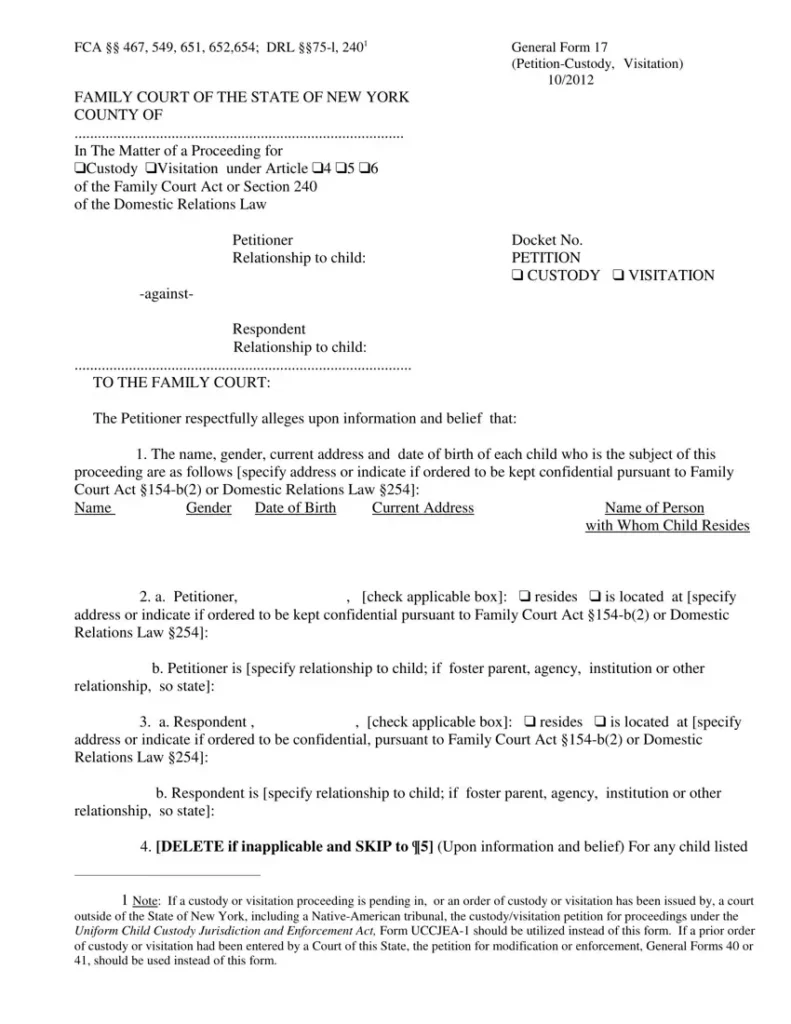Nassau Family Court: Navigating the System
Facing family legal issues in Nassau County? The Nassau County Family Court, located at 262 Old Country Road, Mineola, New York, can feel like a daunting labyrinth. From custody disputes and child support orders to juvenile delinquency and domestic violence cases, this court handles a wide range of sensitive and complex family matters. This article aims to shed light on the court’s key personnel and proceedings, providing you with a roadmap to better navigate this often-stressful terrain.
Key Personnel
Understanding who’s who in the Nassau County Family Court is crucial for navigating your case. It’s like knowing the players on a baseball team – you need to understand their roles to follow the game. So, let’s break down the key personnel you might encounter.
First, we have the Judges. They preside over the courtroom, make rulings based on the law, and ultimately decide the outcome of cases. Think of them as the umpires, ensuring fair play and making the final call. They shoulder a significant responsibility, ensuring justice is served in often emotionally charged situations. Their decisions have lasting implications on families, impacting everything from custody arrangements to financial obligations.
Next up are the Attorneys. Whether you’re the petitioner or the respondent, having legal representation is vital. Attorneys act as your advocates, presenting your case, navigating legal complexities, and fighting for your best interests. They’re like skilled navigators, guiding you through the often-turbulent waters of family law. Choosing the right attorney can significantly influence the outcome of your case, so do your research and find someone you trust.
Court Officers maintain order and security within the courthouse. They’re the gatekeepers, ensuring a respectful environment for all involved. They also handle administrative tasks, such as calling cases and escorting individuals in and out of the courtroom. Their presence is essential for the smooth operation of the court.
You’ll also encounter court clerks who manage the mountains of paperwork involved in any legal proceeding. They file motions, maintain records, and schedule hearings, ensuring everything runs smoothly behind the scenes. Imagine the court system as a complex machine – the clerks are the gears that keep it functioning.
Social workers often play a crucial role in Family Court, particularly in cases involving children. They conduct investigations, provide recommendations to the court, and offer support services to families. Their focus is on the well-being of the children involved, acting as advocates for their best interests.
Furthermore, you might encounter child custody evaluators. These professionals conduct comprehensive assessments of families involved in custody disputes, providing the court with valuable insights into the family dynamics and the best interests of the children. Their objective opinions can be instrumental in helping the judge make informed decisions.
Finally, there are mediators. They facilitate communication and negotiation between parties, helping them reach mutually agreeable resolutions. Mediators act as neutral third parties, guiding discussions and helping bridge the gap between conflicting viewpoints. Their expertise can be incredibly valuable in avoiding lengthy and costly court battles, allowing families to find solutions that work for everyone involved. So, while navigating the Nassau County Family Court might seem daunting, understanding the roles of these key personnel can empower you to navigate the system more effectively. Isn’t it better to walk into a courtroom knowing the players and the rules of the game?


